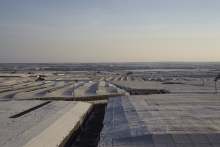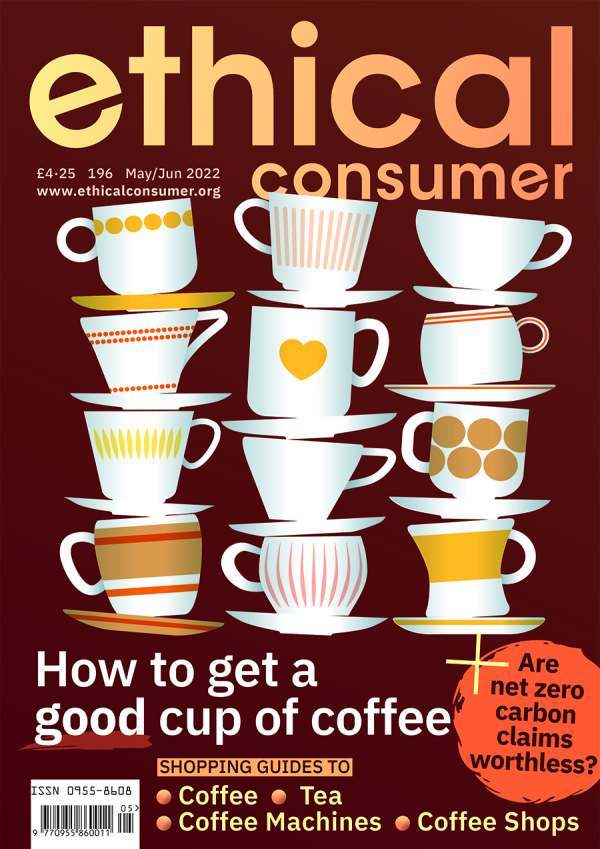A new DEFRA consultation on the regulation of genetic technologies is actually about de-regulation, specifically around gene editing techniques. The consultation has been launched as a direct result of Brexit. In the EU gene editing is classed as a genetic modification technique with products like food regulated as genetically modified organisms with accompanying safety checks, and clear labelling. Now we have left the EU the government is take the opportunity to change the law in this area.
The UK consultation proposes to de-regulate gene-editing. This would mean gene edited plants or animals would not be classified as GMOs. Safety checks would be removed and experimental GMOs would not be required by law to be labelled for the consumer.
As a result, you would not know if a food product you buy contains gene edited GMOs. This affects the consumer’s right to be fully informed about what they are buying and eating. It also has implications for animals and the environment.
This de-regulation would also allow GMOs into the environment and our food chain unrestricted.
What’s behind this?
The UK Government is promoting this consultation as a way to improve crops and livestock and is a natural extension of breeding. However, organisations such as GM Freeze and GM Watch believe it is more likely to be linked to the government wanting a trade deal with the US, where there is very little regulatory oversight of gene-edited organisms.
Because gene-edited crops, foods and livestock animals are patented, it means that large companies who already control gene-editing technology patents e.g. Corteva/DowDuPont and Bayer/Monsanto, will increase their power over our food, seeds, and farmers.







